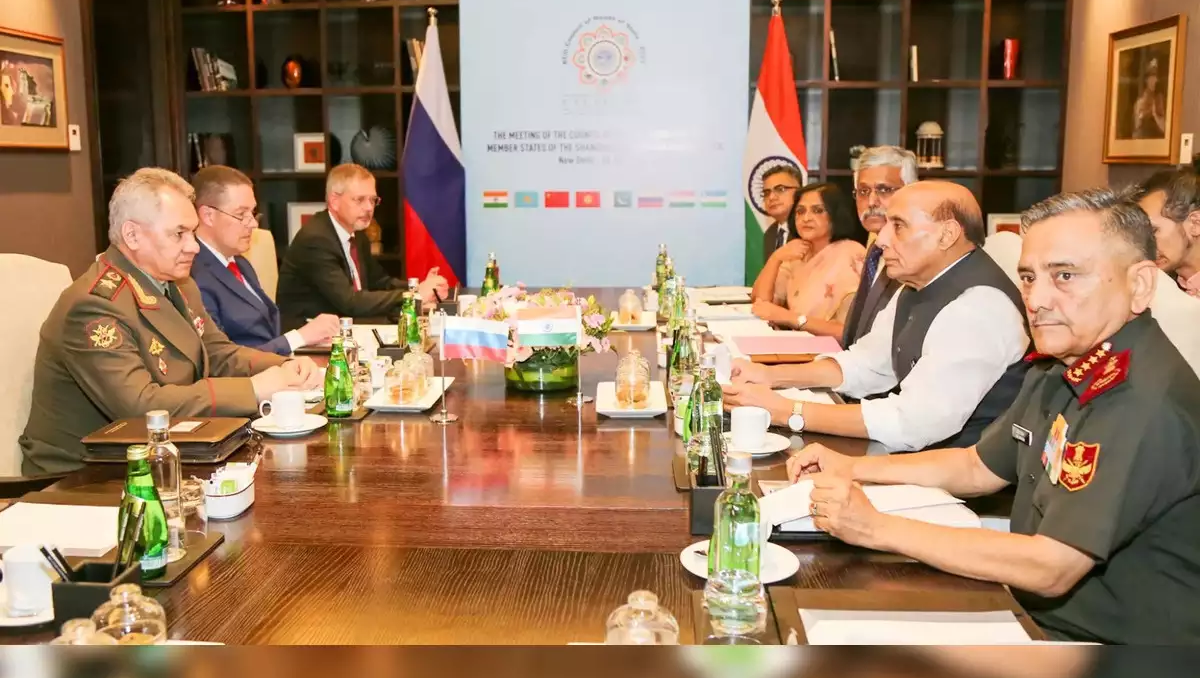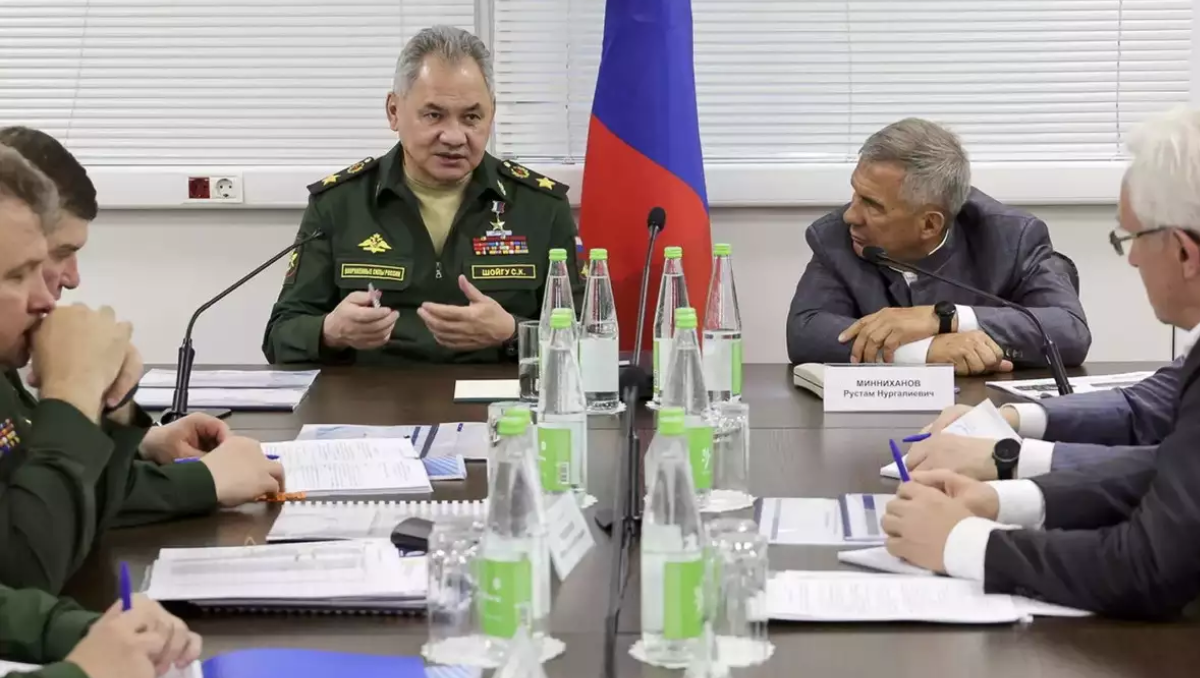Russia has stated that it is thinking about expanding its defense partnership with India to a further level, which involves troop deployments together and a logistics support arrangement. This potential move suggests greater defense links and mutual reliance between the two countries, adding a new dimension to their strategic partnership. The Russian Defense Ministry has been entrusted by PM Mikhail Mishustin to negotiate the specifics of this plan with India.
The simultaneous deployment of fighter jets, vessels, and military formations is part of Russia’s latest draft proposal. This deployment might take place on each other’s territories, improving both countries’ operational capacities and preparedness.
India has never before agreed to a joint deployment idea; it has only ever done so in relation to United Nations (UN) peacekeeping operations. The Indian military does not have any agreements for the joint deployment of troops, although it does participate in defense cooperation and exercises with more than 20 countries.
Agreement for Logistical Assistance
The logistical Exchange Memorandum of Agreement (LEMOA) that India agreed with the US during 2016 is similar to the logistical support agreement that is being considered. These agreements make it easier for each other to utilize their military and naval bases for supplies, repairs, and refueling. Similar agreements are in place between India and countries including South Korea, Singapore, Australia, and France.

But despite protracted negotiations, a deal with Russia has yet to be reached. The Russian prime minister’s latest decision, which takes into account both countries’ logistical demands, might hasten this process.
Historical Context
The defense ties between Russia and India are strong and have been for a long time, as seen by their frequent joint military drills. Notably, the first tri-service military exercise between Russia and India, called Indra, took place in Vladivostok in 2017. Both nations’ Armies, Air Forces, and Navies participated in this drill, which used Russian tanks, armored vehicles, helicopters, and vessels. The collaboration demonstrated the compatible nature of their military equipment, the majority of which India imports from Russia. Both nations conducted separate exercises for each branch of their military services prior to the tri-service exercise.
India’s growing inclination of extensive military drills is demonstrated by the fact that it conducted further tri-service operation with the US in Visakhapatnam after the Indra exercise proved successful.
India’s Global Network
India has forged a number of logistical agreements with other nations, encompassing all Quad members (Australia, Japan, and the United States), in addition to France, South Korea, Singapore, and Vietnam. These agreements accelerate the operational turnover of military activities away from home bases by making it easier to exchange fuel and supplies. India will benefit greatly from the RELOS with Russia, which will provide it access to Russian infrastructures in vital areas like the Arctic.

Strategic Significance
The possible agreement between Russia and logistics support is especially important given China’s growing sway in the Arctic. India wants to be present in this strategically important region as global warming creates new shipping routes and strategic prospects in the Arctic. India’s strategic position and operational presence in the Arctic would be greatly enhanced by having access to Russian military bases.
Russia is expanding its international strategic ties at the same time as it announces plans to cooperate with India on logistics and possible military deployment. Vladimir Putin, the president of Russia, and North Korea recently inked a special strategic pact in which they both agreed to defend each other against an attack. Russia’s intention to strengthen its global power through strategic alliances is demonstrated by this action.
Over the course of several years, there have been delays in the formalisation of the Reciprocal Exchange of Logistics Agreement (RELOS) with Russia. After the RELOS concludes, it will make it easier for different military operations, such as training, drills, port visits, and humanitarian aid and disaster relief (HADR) activities. The five-year deal, which automatically renews, is expected to improve operational effectiveness and logistical assistance for the military services of both nations.
Beyond providing logistical support, both countries collaborate on defense projects that include the development and procurement of military hardware and technologies. This comprehensive alliance is exemplified by the agreement on military technological cooperation for the decade 2021–2031, which was signed during the first India–Russia 2+2 dialogue in December 2021. The two countries’ maritime cooperation will be further enhanced with the upcoming Navy-to-Navy cooperation agreement.



